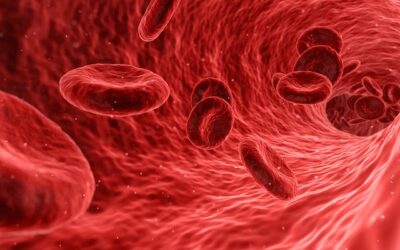The immune response to implanted materials remains a major hurdle for the success of many biomedical devices. This response is initiated by the injury from surgical implantation, followed by adsorption of proteins onto the biomaterial surface, and infiltration and activation of inflammatory cells in the tissue surrounding the implant.
Efforts to improve material compatibility have been largely focused on preventing non-specific protein adsorption, in order to reduce downstream inflammatory processes. However, such passive immunomodulation strategies have only had moderate success. Now, new research introducess an approach to biomaterials design whereby materials are engineered to actively control the behavior of local immune cells. Biomaterial surfaces are coated with a naturally expressed molecule, CD200, which is specifically recognized by receptors on immune cells that inhibit their inflammatory activation.
The group responsible for the work have shown that surfaces coated with this immunomodulatory protein effectively suppressed the inflammatory activation of macrophages cultured in vitro. Furthermore, CD200-coated surfaces elicited less macrophage infiltration when compared to uncoated materials after implantation within skin tissue. They believe that their research demonstrates a new strategy in the design of biomaterials to actively modulate the local immune response through molecular interactions with potent inhibitory receptors expressed on immune cells.
















